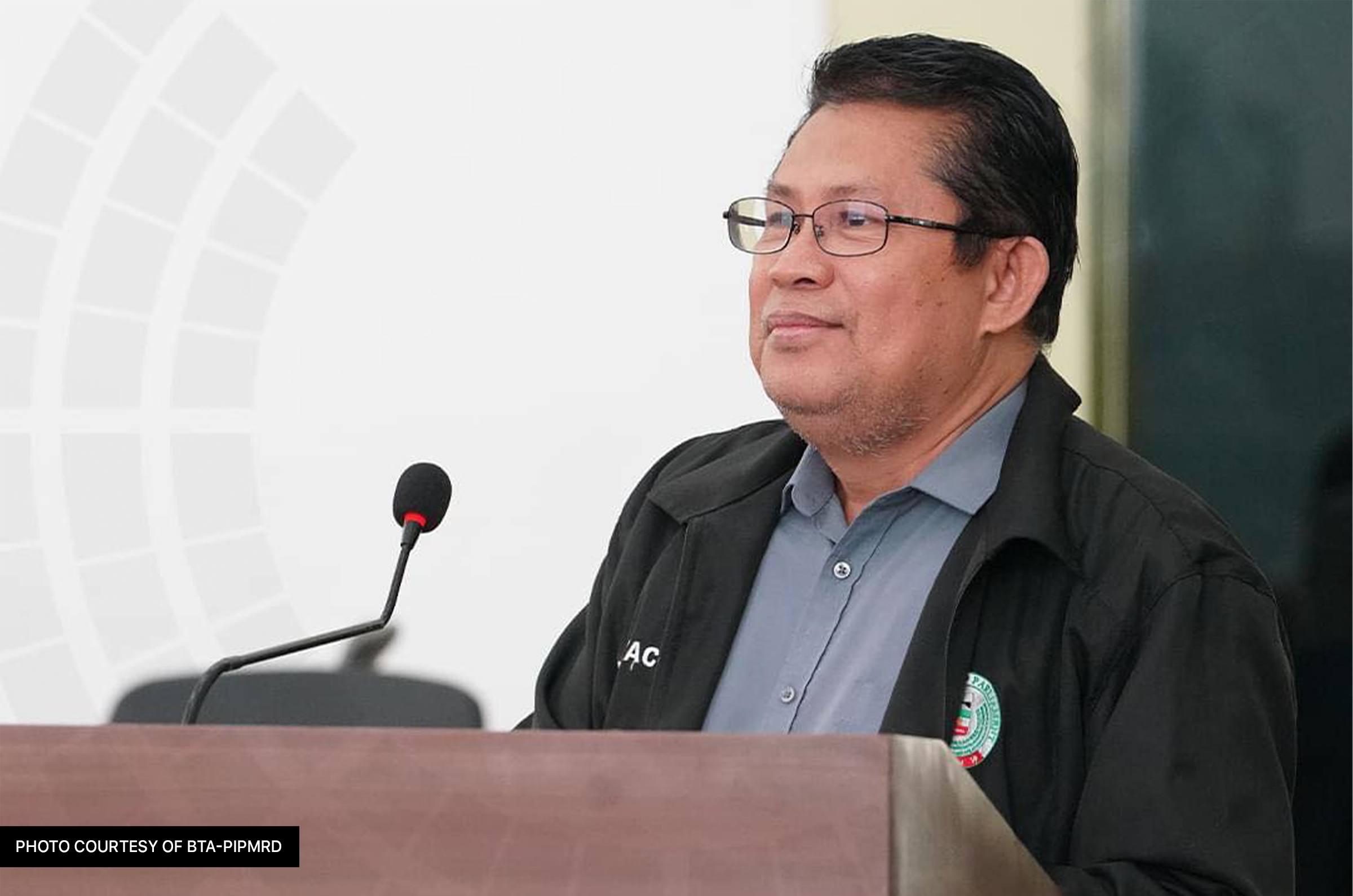Photo from BTA-PIPMRD
COTABATO CITY—To attain food sufficiency and security in the region, the Bangsamoro Transition Authority (BTA) pushed the creation of the proposed Bangsamoro Agriculture and Fisheries Training Institute (BALTI) during the BTA Parliament’s resumption of its regular session on Jan. 17, 2023.
Now on its second reading in the parliament, the proposed bill No. 39 or BALTI shall be the lead component, with the Technical Education and Skill Development Authority (TESDA), for creating short courses relating to agriculture and fisheries and shall prioritize research innovation, science and technology, and Halal development for the investment not only for farmers and fishermen but also agriculture and fisheries as a growing industry.
During the session, Member of the Parliament (MP) Mohammad Yacob, representing the Government of the Day, delivered his sponsorship speech and stressed that like doctors, nurses, and hospital staff, farmers and fisherfolks were also front liners and the first wall of defense against hunger and malnutrition in the country.
“We are not unaware that we have a declining number of farmers and fisherfolks in our country, and these front liners are scarce by the decade, they are now elderly, and their youths are seeking greener pastures,” MP Yacob said.
“Let us invest in agriculture and fisheries to make this vital enterprise profitable and let us train these frontliners so that farming and fishing will become viable business enterprises to encourage the entry of new blood,” he stressed.
Yacob, who also heads the region’s agriculture ministry, urged other lawmakers to support farmers so that the region and the country can achieve its goal of being ‘food sufficient’.
Among the BALTI’s roles include spearheading the planning, monitoring, and implementation of the provisions of training and other extension services for the Bangsamoro farmers and fisherfolks.
Moreover, it shall be assisted by the state universities, colleges, local government units, and even non-governmental organizations in providing skills, training, and knowledge appreciation appropriate to the farmers and fisherfolks. (Kasan Usop, Jr./BIO)








